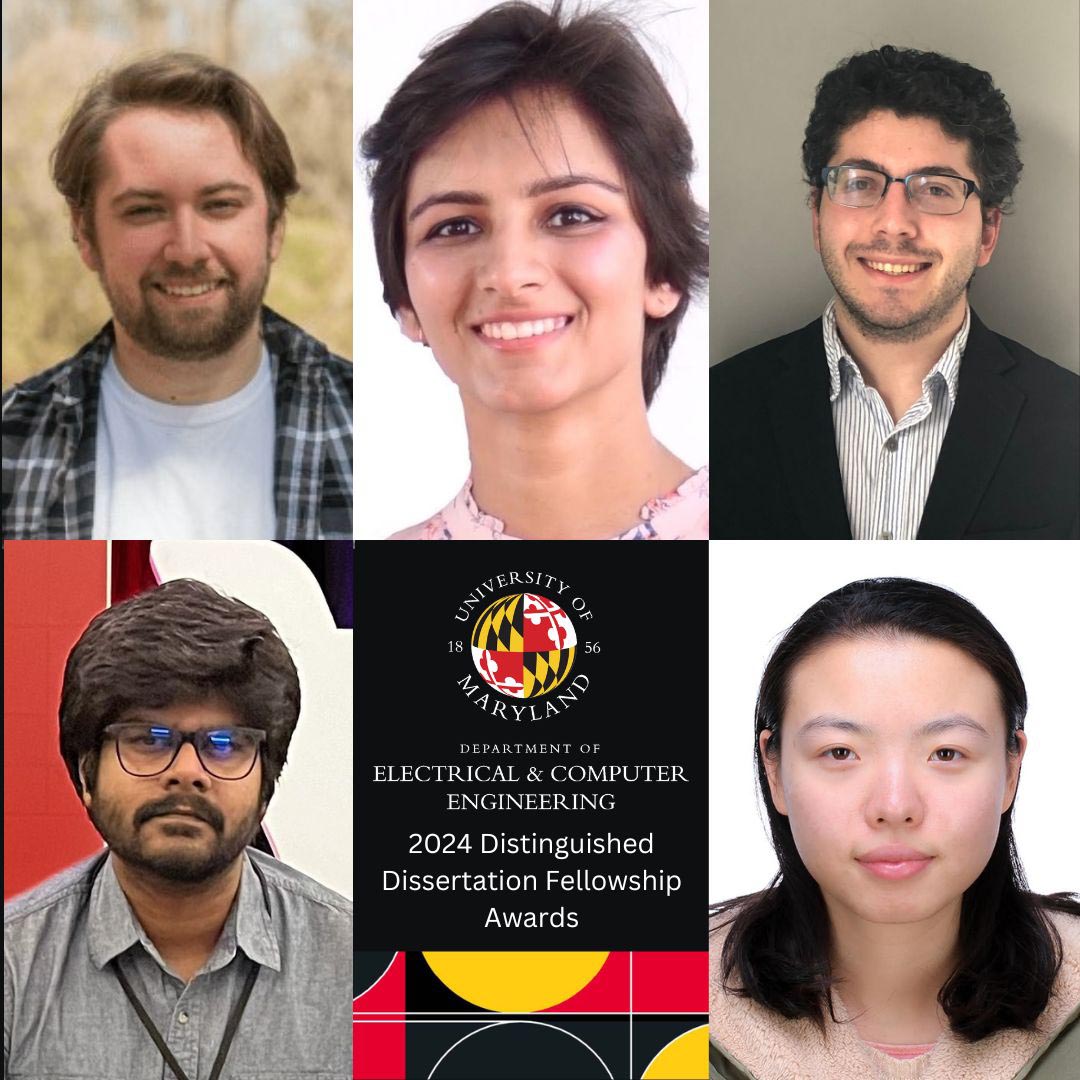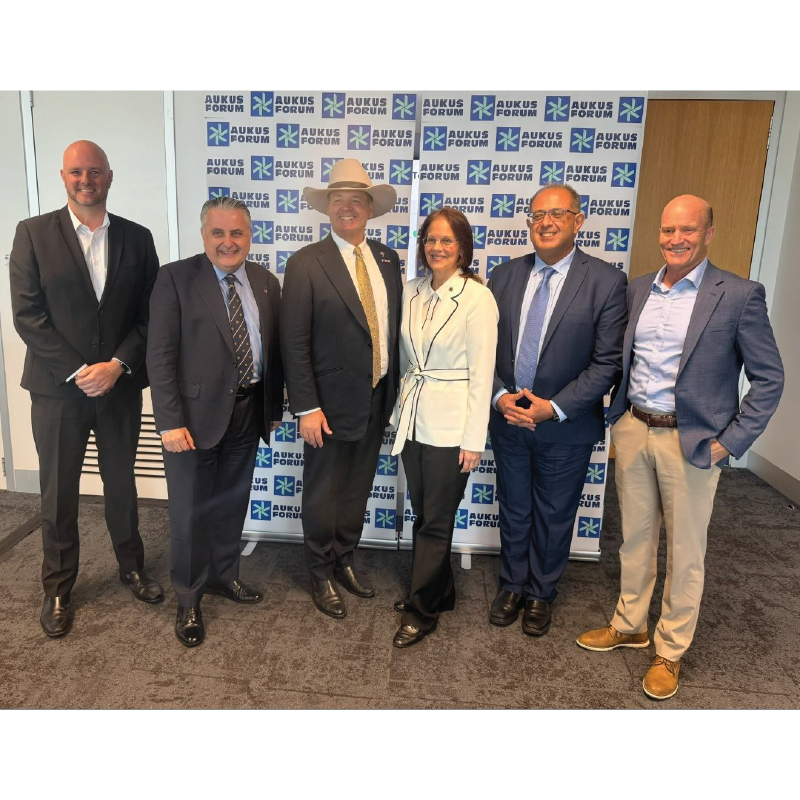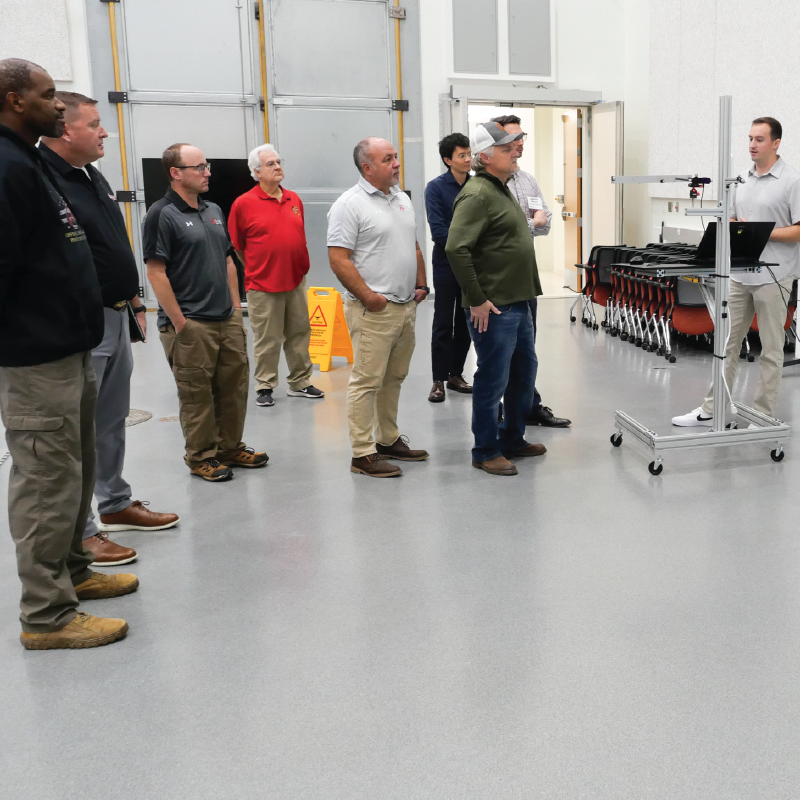News Story
ECE Names 2023-2024 Distinguished Dissertation Fellows

Clockwise from top left: Andrew Goffin, Priyanka Kaswan, Michael Pedowitz, Yidi Shen, Adarsh Jagan Sathyamoorthy
The Department of Computer and Electrical Engineering (ECE) recently named their 2023-2024 Distinguished Dissertation Fellowship awardees. The Distinguished Dissertation Fellowship is a departmental award recognizing outstanding students in the final stages of their dissertation work and seeks to provide both a financial award and recognition of the student's research excellence. The following author’s dissertations were selected by a search committee. Professors Kaiqing Zhang, Shihab Shamma, Mario Dagenais and Xin Zan chose this year’s fellows:
Andrew Goffin
Advised by Professor Howard Milchberg
Dissertation Title: Dynamics and applications of long-distance laser filamentation in air
Goffin’s research focused on the formation and applications of laser filaments in air. Laser filaments are formed by long-distance, high-intensity light pulses that are less than a trillionth of a second long. Goffin found that air filaments extend as for longer light pulses, an essential result for long-distance applications. As a part of his studies, he generated record-breaking air waveguides using laser filaments over 50 meters in length, more than 60 times longer than the prior record. Air waveguides were also generated that never dissipated, essential for directing powerful light over long distances. His achievements will have an impact on many other filament applications, such as laser-generated lightning rods and fog clearing.
Priyanka Kaswan
Advised by Professor Sennur Ulukus
Dissertation Title: Enhancement and Robustness of Large Timely Networks
5G/6G wireless networks will connect millions of devices, creating hyper-connected networks vital to applications such as autonomous driving, smart factories, and smart homes. Kaswan studied the unique threats these large scale networks are vulnerable to and how gossiping between devices can both act as a shield against these threats but also enable adversaries to propagate attacks effectively.
Michael Pedowitz
Advised by Professor Kevin Daniels
Dissertation Title: Novel Graphene Heterostructures for Sensitive Environmental and Biological Sensing
Graphene is a single layer of carbon atoms with incredible electronic and sensing properties. It is often combined with sensor materials resulting in both sensitive and selective heterstructures. However, the construction and integration of these heterostructures can be challenging. Pedowitz has worked to solve this problem by producing sensors compatible with modern electronic manufacturing without minimizing the graphene’s properties. The resulting biosensors can be used to detect viruses and alternative biological agents, including the flu, COVID-19 and Lyme disease.
Adarsh Jagan Sathyamoorthy
Advised by Professor Dinesh Manocha
Dissertation Title: Autonomous Robot Navigation in Challenging Real-world Indoor and Outdoor Environments
Adarsh studied the question of whether or not mobile robots can navigate all kinds of environments as well as humans can. He developed algorithms for perceiving and navigating through real-world crowded indoor settings and uneven outdoor terrains that operate in real-time on edge computing devices onboard real robots. This successfully demonstrated the ability of robots to navigate around many challenging areas, such as around transparent glass, through dense crowds, over bumpy terrain or through vegetation.
Yidi Shen
Advised by Professor Alireza Khaligh
Dissertation Title: Active power decoupling (APD) converters for PV microinverter applications
Under global challenges in climate change, the demand for renewable energy is growing continuously. To address this, photovoltaic (PV) power is increasingly integrated into the utility grid. To ensure the delivery of high-quality power to the utility grid, there is a growing need for reliable, cost-effective, efficient, and compact PV inverters. Shen addressed this challenge by developing a high performance active power decoupling converter circuit resulting in improved power decoupling performance under various microinverters, solar irradiance, load and grid conditions.
Published May 6, 2024









